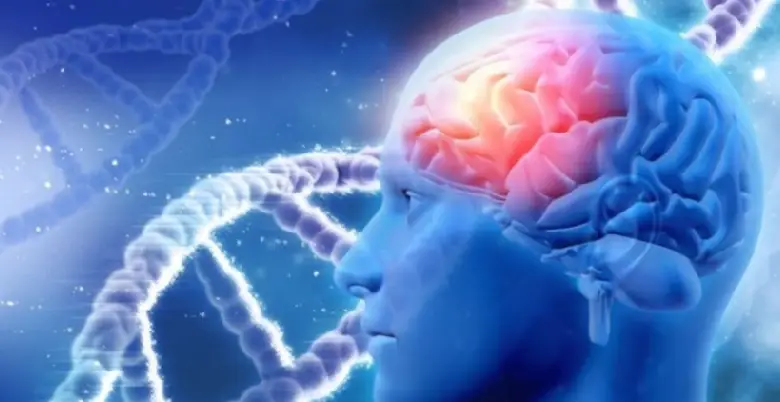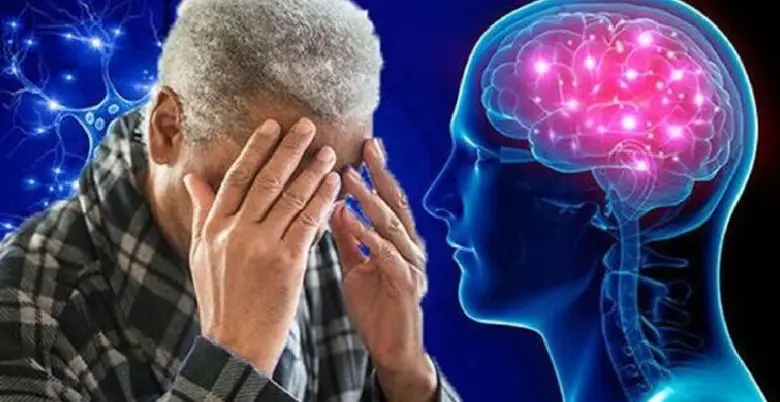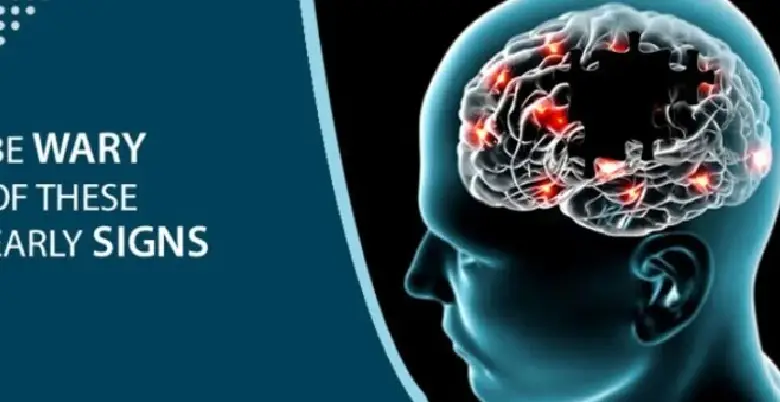Alzheimer’s disease is one of those brain disorders that get progressively worse over time. This affects your brain and all the functions that it can carry. Slowly, memory and social behavior progressively decline.
In Alzheimer’s disease, there is a loss of neuronal connection between nerve cells in the brain, which affects the basic functions of the brain. It worsens with age.
Read about – Acromegaly Treatment
It’s a neurodegenerative disease that is a type of dementia. With time, it grows serious enough to interfere with the person’s day-to-day activity.
Introduction of Alzheimer’s
In Alzheimer’s disease, memory problems are the first to appear. All of this is followed by a decline in vision, inability to speak due to not being able to find the correct words or sentences etc.

This affects their everyday activities like driving a car or maintaining a conversation leading them to need medical help.
Alzheimer’s disease is mostly incurable, but certain treatments can decrease the rate of neuronal degeneration and make the quality of life better for a patient.
There are certain medications that help with memory loss and restore it. These are Cholinesterase inhibitors and memantine.
Read also about : Deep Vein Thrombosis Treatments
Further, a lot of medicines are being studied right now that can help the patient delay cognitive failure. These medicines enhance cell-to-cell communication.
This restores all the damage caused by the disruption of cell communications. These medicines, however, come with their own complications.
Another aspect of this treatment is the care an Alzheimer’s patient needs. The main cost of the treatment goes towards this care only.
Have you looked at : Thrombocytopenia Treatment
Usually, people with Alzheimer’s have to be admitted to nursing homes as they need special care so as to not endanger their lives.
Symptoms
The earliest and most well-known symptom of Alzheimer’s is memory loss. This progressive dementia is well indicative of this disease.

However, there are other symptoms as well, let us study them in detail and why they are caused.
- Memory loss: This is the most common symptom of Alzheimer’s. There is a progressive memory loss. This keeps getting worse over time, with the patient forgetting very basic stuff that he or she otherwise shouldn’t have.
The patient might repeat a question over and over again. He might say the same statements again and again, forgetting that you have asked it before. They may frequently misplace items or keep stuff where they usually aren’t kept. With time, they will forget the names of family members.
You can also look at : Dialysis Treatment
- Changes in personality and behavior: These changes are so pronounced that many people, very sadly and painfully so, claim that their relative with Alzheimer’s is a different person now. The disease has changed them.
The patient might suffer from depression and lose interest in daily activities. He or she might also lose interest in the things he or she loves to do. He or she might treat people differently than the way he or she used to. He or she might develop a sense of distrust in others and be in a constant state of anger. - Performing certain tasks: They might struggle with their routine activities and tasks. Planning for stuff might not be possible anymore.
- Inability to make decisions: They might not be able to make firm decisions. He might not wear the appropriate clothes for the event or cook something the wrong way. There is an inability to perform even the basic tasks that follow these patients.
Also read – Targeted Therapy
- Thinking and reasoning: One of the most affected aspects of a patient’s life is his or her ability to think or reason. The cell-to-cell communication is so badly affected that the patient has difficulty in concentrating or thinking.
Diagnosis
To diagnose this disease, physical examination and history taking is very important. Usually, a family member describes the symptoms to a physician, and based on that, a diagnosis is made.

Tests of higher functions, such as memory and cognitive functions, further solidifies this diagnosis.
Outlook
Lab tests and brain imaging help a lot.
Tests like MRI, that is, Magnetic Resonance Imaging, in which strong magnetic fields are used to derive a clear and detailed image of the brain or CT, that is, Computated tomography, help in further diagnosing the disease by analysing the brain closely for physical symptoms. PET imaging can also be done.
Types
Alzheimer’s has two types early-onset Alzheimer’s and late-onset Alzheimer’s.

- Early onset Alzheimer’s: Early-onset Alzheimer’s simply means the type of Alzheimer’s that sets in early in age. This type usually is seen in people below the age of 65. The most common people in whom this is seen are usually in their 50s or even 40s.
So, it is pretty early onset. It is definitely the rarest of both the types. In fact, this is the case in less than four per cent of the total patients with Alzheimer’s.
The early onset of Alzheimer’s is said to be related to the person’s DNA. Defects in Chromosome 14 lead to this. It is also seen in patients with Down syndrome as they are at a higher risk.
Read more : Astigmatism Treatment
- Late-onset Alzheimer’s: This is the most common form of Alzheimer’s. This is seen in patients above the age of 65. As for now, no cause for it is known. This is also not genetic.
Treatment of Alzheimer’s disease
Treatment of Alzheimer’s includes both physical and medicinal care. This is mostly incurable but the degeneration can be delayed, making the life quality a bit better.
Complications
Certain medications can cause bleeding disorders. Also, blood thinners might lead to bleeding in the brain leading to a hemorrhage.
Read also about : Keratin Treatment
Further complications can arise due to mental symptoms of the medications given can further lead to hazy mental functions.
Side effects
Here are the side effects of Alzheimer’s medication:
- Nausea
- Vomiting
- Diarrhea
- headaches
- dizziness
- Confusion
- allergy
- loss of appetite

Pre/post-care
- It is important to create a safe environment for the patient and make it known that he or she is supported.
Read more : Enhanced External Counterpulsation
- Make sure that the patient takes medicines regularly. Further, making sure that his condition isn’t leading him to overdose or underdose the medication due to forgetfulness.
- Install safety devices at their houses to make sure they are safe and can get help when they need it.
Treatment Cost of Alzheimer’s
The cost of treatment varies from person to person and the amount of care you have opted for. It further depends on the dosage the patient has been getting.

The location of the treatment might also impact the rate highly. The usual cost of Alzheimer’s treatment is between INR 16,600 to INR 1,60,000.